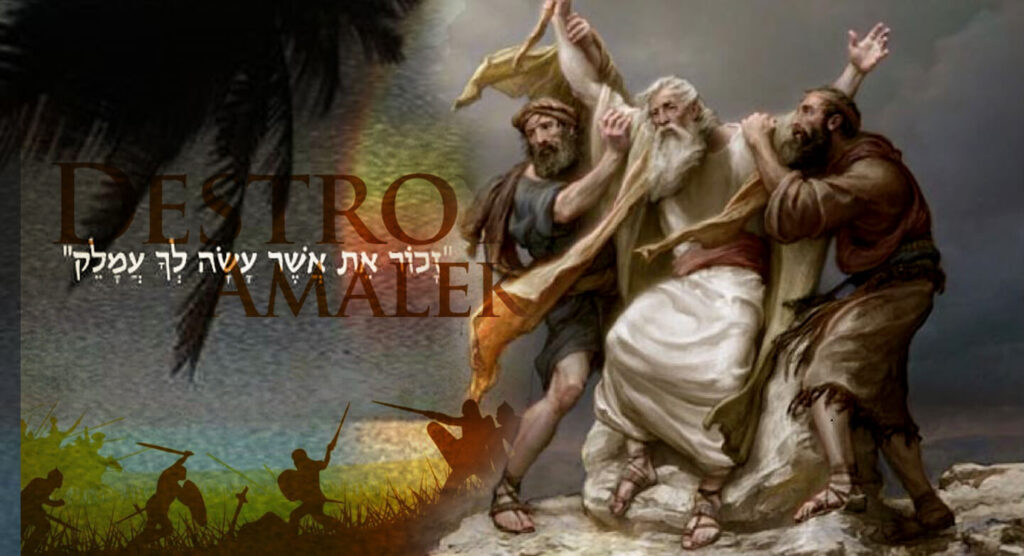11 Elul 5777 – Ki Tetzei

I wish Mazal Tov to the Futeran and Bognar families on the Bar Mitzvah’s of their sons Toby and Jayden this Shabbat in Shul!
I also take this opportunity to wish a long life to the Harris, Fouracre and Binger families on the passing of Evelyn Harris this past week. May we only know of joyous occasions in our community and in the new year.
With the High Holidays in less than three weeks, here is a meaningful thought.
There are seventy-four mitzvot recorded in this week’s portion, Ki Tetzei. One of them leaps off the page: “Do not plough together with an ox and a donkey”. Now think about this for a moment. Why not? What is wrong with yoking together an ox and donkey to plough your field?
The 13th-century French scholars, known as Baalei HaTosfot provide a fascinating reason for this prohibition. A donkey is a non-kosher animal; it does not chew its cud. An ox, on the other hand, is a kosher animal which does chew its cud. Animals that chew their cud have four stomachs, and after they digest their food in one stomach, they spit it up and regurgitate the food, swallowing it again into the second stomach and then the third and fourth.
Now consider this scenario. The donkey and the ox both get breakfast after which they are taken out to plough the field. As they are walking along, yoked together, the donkey takes a look over to its partner the ox and notices that it is chewing food. The donkey, who never studied the anatomy of an ox, would naturally assume that the owner is giving more food to the ox as they are working. The donkey would then feel pain and hurt over being deprived of food and harbour feelings of jealousy and animosity towards the ox.
In order to avoid this psychological pain that the donkey would experience if it ploughed with the ox, the Torah gives us the above command. Hence, an ox can plough with other oxen, and a donkey with other donkeys; but not a donkey together with an ox.
How amazing is this teaching! And how relevant is this prohibition of ploughing donkeys and oxen to our own human relations and the sensitivity that we must show towards others! Let us ponder this idea as we prepare ourselves for the upcoming days of Awe.
Wishing you and your families a hearty Shabbat shalom!
Rabbi Yossi and Chana Raizel Friedman
